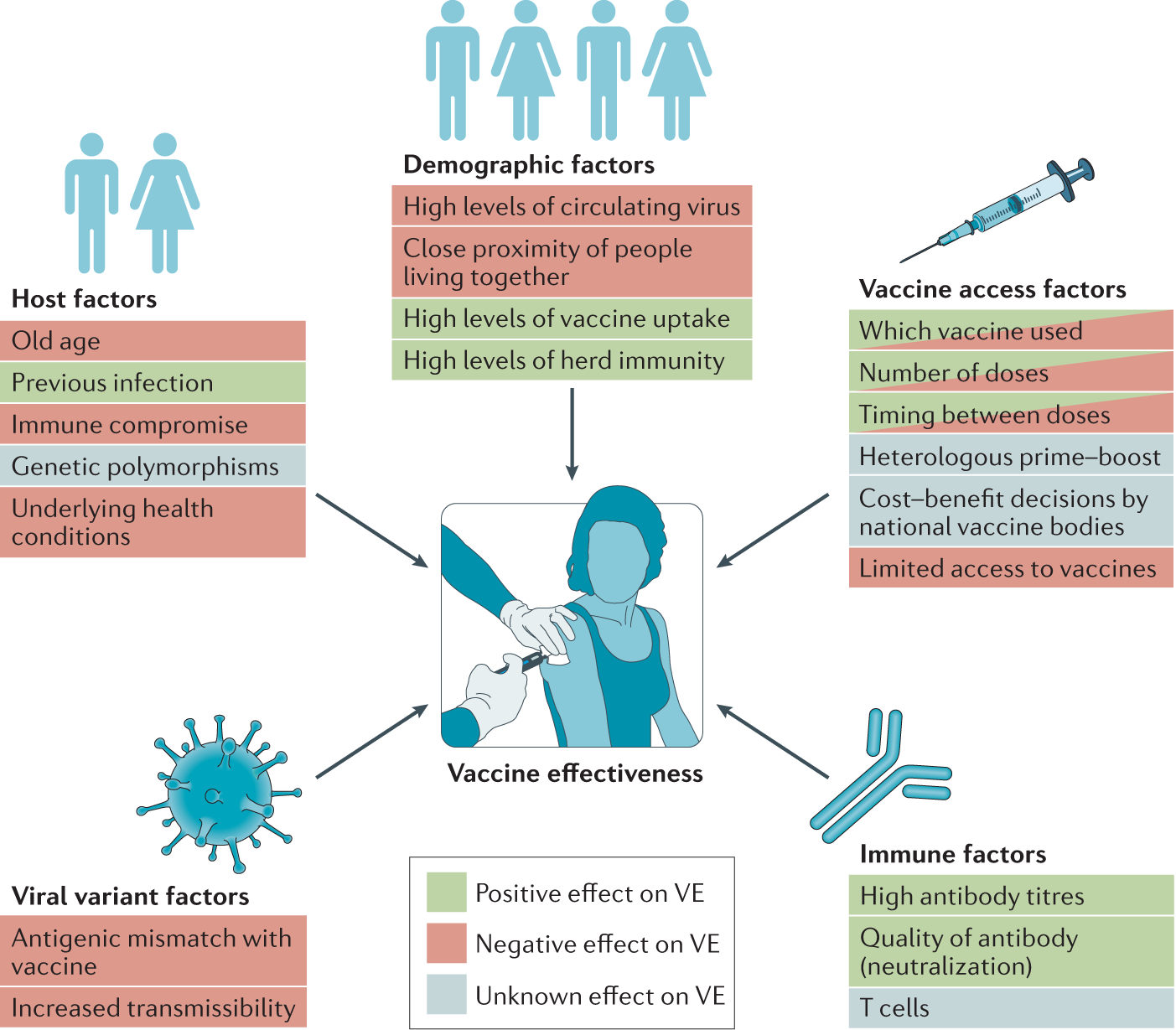In August 2025, the U.S. Food and Drug Administration (FDA) licensed revised COVID-19 vaccines of Pfizer, Moderna, and Novavax. Nevertheless, the consent was accompanied by severe limitations, especially for younger adults and children. The new guidelines restrict access to vaccines to those 65 years and older and those with particular high-risk health conditions, like asthma or obesity. This move has attracted a lot of panic among health practitioners and parents who believe that it stands to compromise the general health initiatives of the population.
The new restrictions have been heavily criticized by the American Academy of Pediatrics (AAP), which deems them as having been very disturbing. The AAP stresses that exposing young children to a higher risk in the season of respiratory viruses is caused by the limitation of access to COVID-19 vaccines. They recommend vaccines for children between the ages of 6 to 23 months and those aged above 23 months with certain health conditions. Researchers warn that the decrease in the number of vaccinated individuals can result in an increase in COVID-19 cases, which threatens more children, families, and communities.
FDA’s Narrowed Approval and Its Implications
The FDA ruling to restrict the approvals of vaccines has left the eligibility and insurance coverage in a state of confusion. As long as vaccines are offered to eligible people, they may struggle to demonstrate their eligibility. This has raised concerns of possible hindrances to access by millions of Americans who would have to prove their risk status.
Moreover, Pfizer lost the emergency use authorization of its vaccine to be used in children under 5 years of age. This leaves the vaccine of Moderna as the sole choice among young children, but only to those who have some qualifying health conditions. The move has created confusion around the availability and access to the vaccines, especially among the parents who have children they would protect.
Impact on Pediatricians and Vaccine Access
Pediatricians have also been impacted by the new restrictions with regards to offering the COVID-19 vaccines. Most pediatric offices are reluctant to stock the new vaccines because of higher prices and logistical issues. In the past, the vaccines were given free to the healthcare givers, but with the commercialization, the pediatricians currently incur initial expenses and financial risks. This has even made certain offices not give the vaccines, further hindering access to children. Vaccine reluctance among parents is a major obstacle. A Pakistani study revealed that 52.4 percent of parents were reluctant to immunize their children due to safety and need issues. These concerns can be further deteriorated by the new restrictions, which will result in lower vaccination rates and greater vulnerability of children.
Political Influence and Public Health Concerns
The latest developments in the policies of COVID-19 vaccinations have been affected by politicians, which makes one question how politicians affect matters of public health. The new guidelines have been shaped by the anti-vaccine position of Secretary of Health and Human Services Robert F. Kennedy Jr. His behavior has elicited criticism in quarters of health professionals and lawmakers who claim that political interference sabotages scientific evidence and puts the health agencies in doubt.
The Centers for Disease Control and Prevention (CDC) has experienced internal conflict after the firing of its director, Susan Monarez, and the resignation of other high officials. The dismissal of Monarez happened because she declined to support what she termed as reckless, unscientific orders on policies regarding the COVID-19 vaccines. Her resignation has also weakened the trust in the leadership of the CDC and its capacity to deliver unbiased decisions in relation to the health of the people.
Conclusion
The new COVID-19 vaccine mandates have triggered major concerns regarding access, fairness, and community well-being. Although the purpose of this might be to prioritize the high-risk, the application has caused a set of barriers that might disproportionately impact younger adults and children. These policies need to be reconsidered so that everyone can have a chance to defend themselves and their communities against COVID-19 through a rethinking by health professionals and parents.









